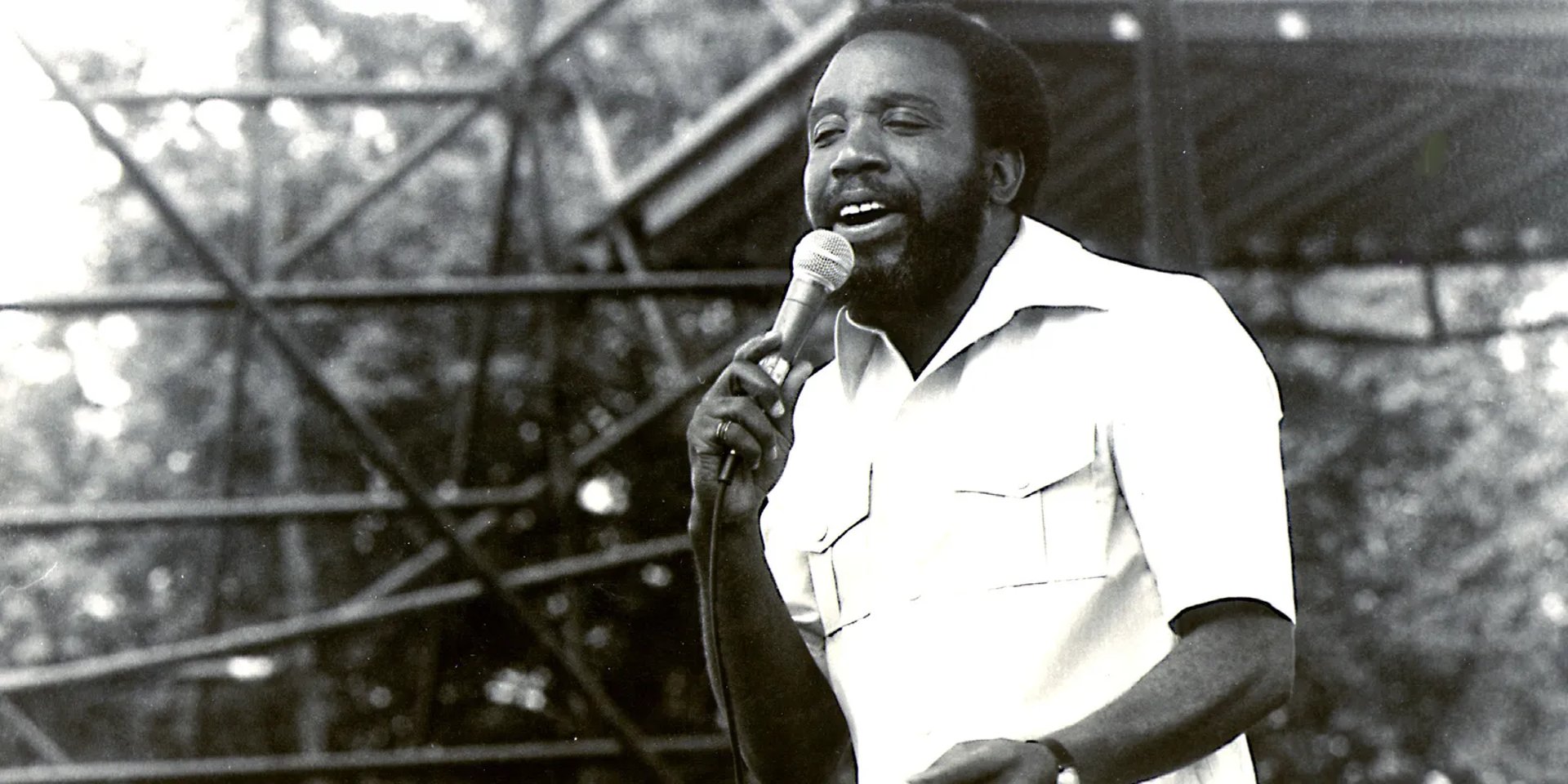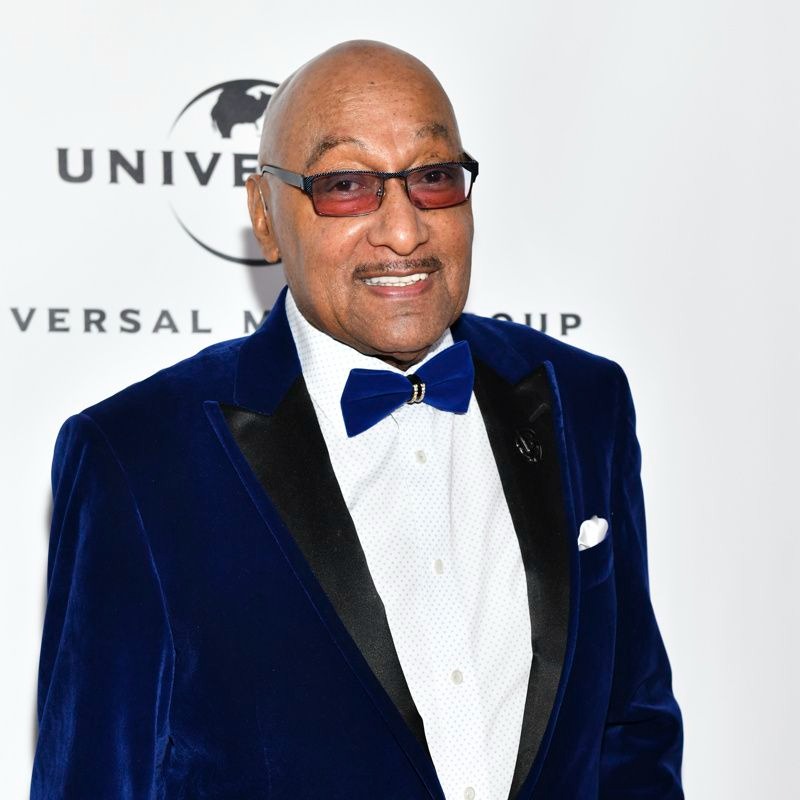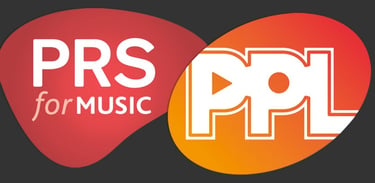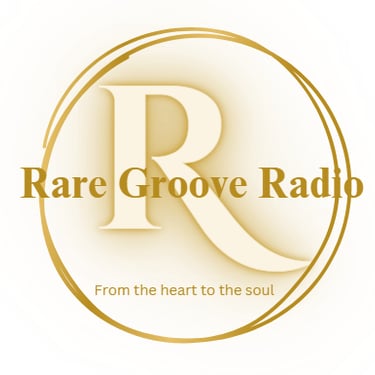Available on all Smart Speakers, Smart Tvs as well as Tunein and a host of music playing apps

Artist of the Month
Sending out the love
Singer Abdul Kareem "Duke" Fakir . Born 26th December in Detroit, Michigan in 1935, his father was a factory worker who came from what is now Bangladesh and his mother was an African American from Sparta, Georgia. Abdul attended Detroit's Pershing High School where he played basketball, football and ran track.
He first met fellow band member Levi Stubbs through neighbourhood football games, at that time he was not aware his friend was a singer. Later, attending a variety show featuring the Lucky Millinder band, the band announced a talented young singer whom Abdul recognised as the boy he played football with. They became closer friends with Levi accompanying Abdul to his sporting events, where they enjoyed singing and engaging teammates in sing-alongs.
With their shared love of singing, they tried working with a few other singers, which led to the pair inviting Lawrence Payton and Renaldo "Obie" Benson to join them at a party hosted by the Shahrazads, a local "it girl" club. When invited by the girls to sing, they decided Levi would take the lead and they would back him up. The group and party-goers enjoyed their sound so much, that they decided to begin rehearsing together. They originally gave themselves the name "The Four Aims", to describe their goals of achieving something great. But at their first recording session with Chess Records in Chicago, they were reminded that the Ames Brothers was a very popular singing quartet, and it was suggested that they change their own name to avoid confusion. After some discussion, their musical director Maurice King suggested the Four Tops, to go along with their original goal of shooting for the stars and reaching the top.
Abdul attributed his upbringing in Detroit as a strong influence in his choice to pursue his music career. Detroit is "full of churches. It's one of those cities in which gospel music has always been prevalent, jazz music had always been prevalent. Back in the day this was a jazz town... And when I was born we went to church, just like a couple of the other guys, so we sang all our lives pretty much... my mother worked at church and my cousins and I, we all went to choir, we grew up there."
Both Renaldo Benson and Abdul received scholarships to attend the same college and were preparing to enter. However, the group received their first professional singing engagement during the summer of 1954 in Flint, Michigan, took a gamble, and decided to pursue their music career instead.
They became a popular local performing group, but recording success eluded them until they signed with the newly established Motown Records in 1963. They soon became one of the biggest recording groups of the 1960s, with 14 charted hits through the early 1980s. They are listed at number 77 in Billboard magazine "Top 100 Artists Of All Time".
After the group had completed their tour of Europe in December 1988, Abdul and the other Tops were originally scheduled to return to the U.S. from London via the Pan Am Flight 103, which crashed over Lockerbie, Scotland, after a terrorist bomb was detonated on the plane, killing all on board. They eventually missed the flight due to a prolonged filming of their performance on the British television show Top of the Pops.
By 2008, sadly Abdul was the last remaining original member and was responsible for assembling the touring version of the band that would carry on the group's legacy. He had stated an intention never to retire and indeed continued to tour with the group.
Abdul was close friends with fellow Motown artist Mary Wilson of the Supremes until her death in 2021. The two were romantically linked and briefly engaged in 1964, however, their music careers were still developing and they decided it would be best to call it off. They appeared on Chicago's You and Me This Morning in 2013 to promote the Mary Wilson's Holiday Spectacular With Special Guests The Four Tops. At the show they performed "Baby, It's Cold Outside" together.
In 2022, his memoir I'll Be There: My Life With The Four Tops was published. A musical based on the book, also titled I'll Be There, premiered the same year in Detroit.
Abdul continued to perform up until less than a month before his death. He sadly died of heart failure at his Detroit home on 22nd July 2024, at the age of 88. Shortly before his death, he named Michael Brock as his successor.
As a member of the Four Tops, Abdul was inducted into the Rock and Roll Hall of Fame in 1990, received a star on the Hollywood Walk of Fame in 1997, was inducted into the Vocal Group Hall of Fame in 1999, received the Grammy Lifetime Achievement Award in 2009 and was included in the Billboard magazine Top 100 Recording Artists of All Time. The group was inducted into National Rhythm & Blues Hall of Fame in 2013 and the Grammy Hall of Fame in 2018.


Artist
Abdul Kareem "Duke " Fakir
Born:
26th December 1935
Artist Bio
Passed:
22nd July 2024
Featured Tracks
Our mission
We're on a mission to change the way radio is listened to. We want to show the love and appreciation to under played tracks and artists, who have given us such brilliant music but not given the exposure they deserve.
Our vision
To share the love and spread the vibe. Its rare for a reason and long may it stay that way, but now it doesn't have to be a rare occasion to hear quality.
© 2025 Rare Groove Radio. All Rights Reserved.



Keeping Rare Grooves Alive, One Track at a Time.
Quick Links
Useful Links
Get in Touch
